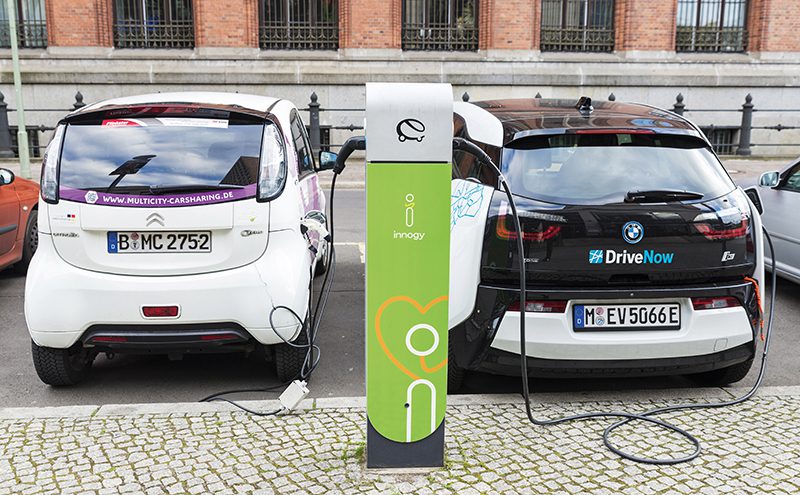The future success of the UK’s low carbon sector is at risk from the current post-Brexit trade strategy, suggests report

Signals from the government indicate a direction for post-Brexit trade deals that would threaten the future of Britain’s low carbon industries. According to recent figures from the ONS, this sector grew three times faster than the wider UK economy in 2016 and employed over 200,000 people.
The think tank Green Alliance says its latest report, Britain’s trading future: a post-Brexit export strategy led by clean growth, challenges the government’s vision of ‘global Britain’. Proposed by the Department for International Trade and independent bodies like the Legatum Institute, this vision assumes equivalence between the importance of trade with the EU and countries like the US or China.
This is not the case for the fast growing low carbon sector. The UK in fact faces a binary choice, align with the EU or the US. Failure to prioritise trade with the EU runs the risk of a significant setback to the UK’s low carbon sector.
The UK’s trade in low carbon goods and services with the EU is a third higher than its trade with the rest of the world. The automotive sector alone makes up 60 per cent of low carbon goods exports, as one in five electric cars sold in Europe are made in the UK.
The report also says that a trade strategy which takes advantage of the UK’s expertise in the low carbon and renewable energy sector, and follows the ambitions of the 2015 Paris climate agreement, would improve access for British businesses to a market estimated to be worth £17 trillion worldwide.
But future export success for the sector will depend on a deal with the EU built on close regulatory alignment to aid frictionless trade with member states. The report recommends key areas where regulatory harmonisation or equivalence would be needed to support growth in the industry, such as harmonisation with the rules of the EU’s internal energy market or equivalence of carbon pricing.
Chaitanya Kumar, senior policy adviser and the report’s author, said: “The government’s current approach to trade risks undercutting its own clean growth strategy, which aims to build a thriving low carbon economy in the UK. Alignment to make low carbon trade with the EU as simple as possible will be central to achieving that goal. Lowering environmental standards to strike deals with trading partners beyond the EU would be counterproductive, as we would lose out on more immediately lucrative trade with Europe.”







